

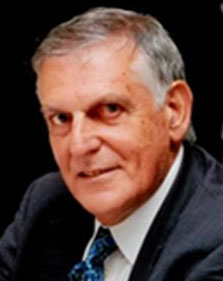
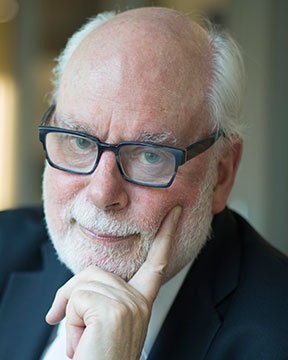
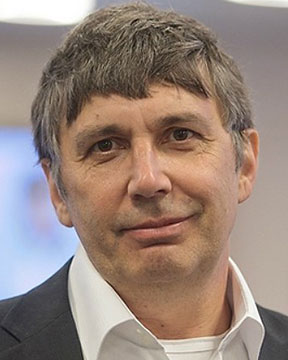
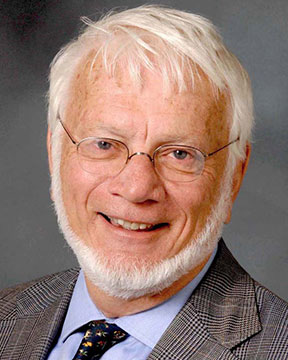

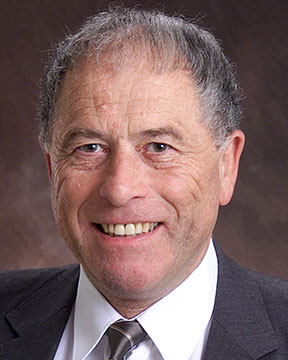
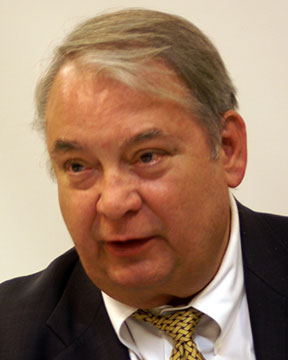
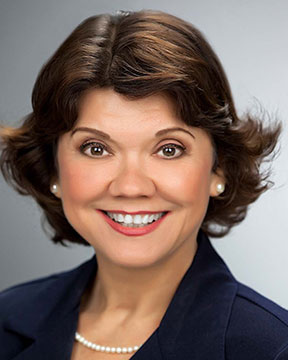










 |
Yuzeng ChenNorthwestern Polytechnic UniversityEffect Of Hydrogen On Generation Of Lattice Defects And Defect Hardening Of Plastically Deformed Palladium Zehetbauer International Symposium on Science of Intelligent and Sustainable Advanced Materials (4th Intl. Symp. on Science of Intelligent and Sustainable Advanced Materials (SISAM)) Back to Plenary Lectures » |
Abstract:Palladium-hydrogen system is widely used as a model system for investigating behaviors of hydrogen in metals. In this work, we applied different ways of loading on palladium-hydrogen alloys to investigate the effect of hydrogen on generation of lattice defects in palladium subjected to plastic deformation. In cold-rolled palladium-hydrogen alloys, it is shown that hydrogen solute significantly enhances the multiplication of dislocations during deformation, which will give rise to dislocation densities in the cold-rolled metals and results in hardening of the metals. Under the severely plastic deformation condition, the hydrogen solute is found to increase both the densities of deformation induced vacancy agglomerates and of dislocations, while the former also contribute significantly to hardening of the metals. When the alloys are subjected to ultra-fast loading (strain rate up to 10<sup>3</sup> s<sup>-1</sup>) exerted by a Split-Hopkinson apparatus, the addition of hydrogen leads to the increase in vacancy concentration and dislocation density, too. In this case, the increase in dislocation density is believed to play a major role in hardening palladium. |
|